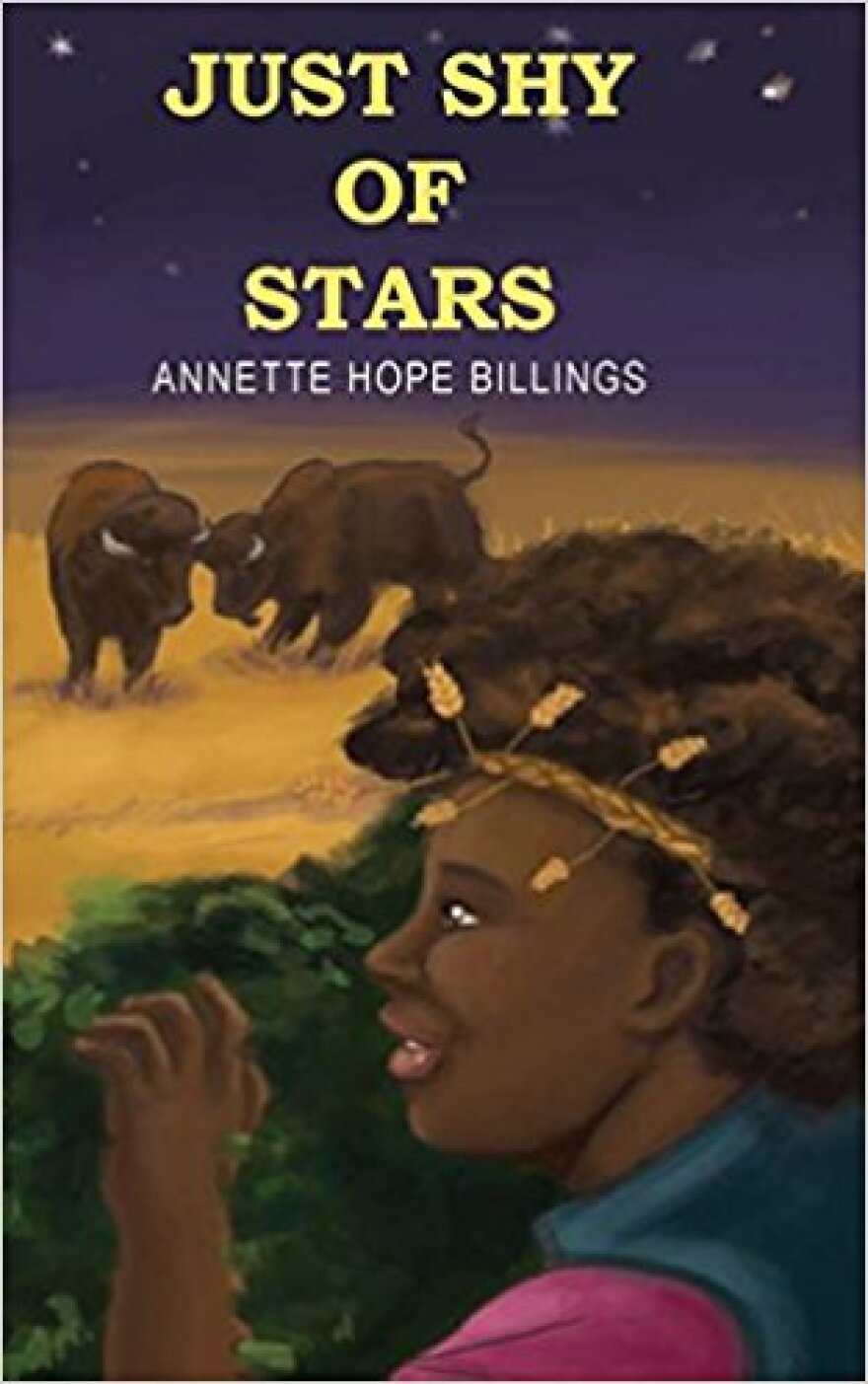Annette Billings says poetry isn’t about precious kittens and pretty flowers. Rather, she says, the form often calls for much harder, more controversial subject matter.
“Sometimes I feel compelled to write about a murder,” she says, “or a woman who’s living in a domestic violence environment.”
Billings, who lives in Topeka and was a nurse for nearly 40 years, recently released her third collection, “Just Shy of Stars.” Because she also writes poetry and plays, I was curious about how she thinks poetry differs from other media when it comes to the treatment of difficult subjects.
It’s the economy of poetry that’s different, she says.
“Poems are very succinct ways of experiencing life — your life or someone else’s life. And sometimes, the more you take away from a piece of writing, the more it says. So when I’m writing poetry, I feel inclined to cut out as much of the writing as possible, to make it really clear, really sharp.”
Regardless of what she’s focusing on, Billings says she wants to engage all the senses when possible. That's partly why she enjoys reading to an audience. When she reads an already sensuous poem aloud, it adds four or five extra layers, she says.
“You have the sound of the poet’s voice. You have the poet’s gestures. I think it really adds to the experience.”

KNIGGENDORF: A lot of your poems look at medical elements or have medical elements in them. So, that comes from being a nurse. A lot of others are about single mothers, and about some pretty hot, sexy stuff too.
BILLINGS: I hope so!
KNIGGENDORF: Some of it’s about writing itself. Are these your themes?
BILLINGS: I certainly hope that sensuality is. Nurse, grandmother, sensual. That all goes together with me. So I like the thought of writing about feelings, emotions, different aspects of our being that help us feel vibrant in spite of it all.
KNIGGENDORF: You have something I’m jealous of.
BILLINGS: What’s that?
KNIGGENDORF: You have professional nicknames. Some people call you Verse. And some people are referring to you as the “Maya of the Midwest.” Will you tell me about those nicknames?
BILLINGS: "Verse" came from a mentor, a confidant of mine, and she just had the habit of giving everyone a nickname that she felt fit with them. “Maya of the Midwest” I allow with very humble gratitude because it refers to Maya Angelou and there was, is, only one of her. So, I allow it, but I’m very grateful for what she left us.
KNIGGENDORF: How did you end up with that nickname? Why are people calling you that?
BILLINGS: It was audience members, listeners. When it happened the first time, I thought that was very nice, that’s very complimentary. But it happened over a series of events, totally different people. It’s really just very nice.
KNIGGENDORF: I’d like to hear why they call you that? Is it your reading style that does it?
BILLINGS: I think so. Hopefully, my spirit also. I tell audiences that sometimes my nurse comes out when I’m reading poetry. This talks about advanced directives, which is living will, and power of attorney:
“Advanced Directives”
My Living Will instructs,
should my quality of life be unclear,
they are to part my lips,
press a slice of fresh mango to my mouth,
if I do not stir,
let me go.
KNIGGENDORF: Does the nurse come out when you’re writing or when you’re reading, or both?
BILLINGS: Both. I have a particular poem that’s called “Peach” and I preface that with saying that the audience should have five to ten servings of fruit and vegetables per day. And depending on what time it is I’ll say, “Seeing that it’s 6 o'clock and you may not have had your recommended servings, consider this poem a serving.” We live in such a hurried world that sometimes I think if we can give it to them quickly, they’re more likely to receive it.
KNIGGENDORF: Do you have an example of that sort of brevity in this collection that you’d like to read?
BILLINGS: “Dayanu,” which is Hebrew for “it would have been enough”"
If I have lived my entire life
just to arrive at this place,
seated, at peace, and grateful
while an October Kansas sun
beats fiercely through a west window,
landing warm blows
on my bowed welcoming neck.
It travels down until skin of shoulders
grants it permission to stay.
If this moment is what it has all been for,
it has been enough.
Follow KCUR contributor AnneKniggendorf on Twitter, @annekniggendorf.






